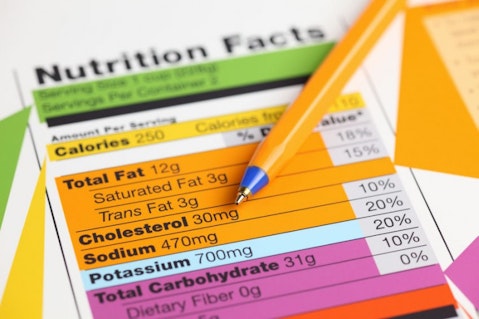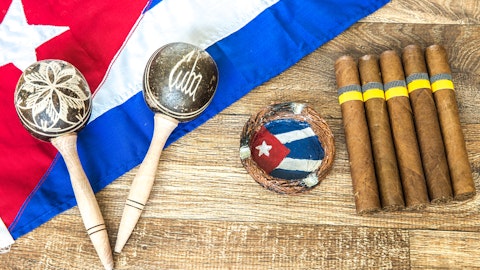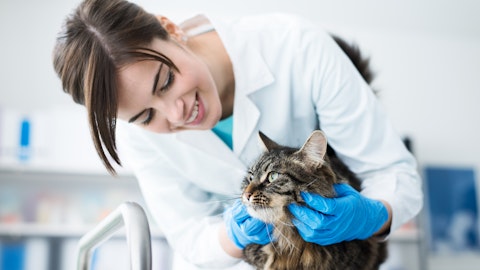If you are worried about your cholesterol levels, our article 17 high cholesterol foods not to eat, should provide you with some interesting information. Keep in mind that this article is for entertainment purposes only, and should not be taken as a medical advice, for that you should consult a medical professional.
Atherosclerosis is a heart disease, in which plaque consisting of cholesterol and other substances builds up inside your arteries, causing restricted blood flow. Clogged arteries can cause discomfort in various parts of the body, but more importantly can cause stroke, and heart attack. What is also important to understand, is that atherosclerosis is not caused by growing old, but by our lifestyles. How devastating is our modern lifestyle can be summed up in this one sentence from Physicians Committee for Responsible Medicine : “Examination of American casualties during the Korean and Vietnam wars showed significant atherosclerosis by age 18 or 20”. Now let’s be real, I said modern lifestyles and Korean and Vietnam wars have been a long time ago, and our actual modern lifestyles are probably much, much worse than then. For example, in the 1950s, the obesity rate in the US was about 10 percent, and now is about 35 percent. Now back to the study, can you guess how did the Vietnamese and Korean counterparts fare? The answer is reasonably unsurprising — they had healthier arteries. It seems that eating rice and vegetables instead of cheeseburgers can really ruin your ability to clog your own arteries. And talking about lifestyles and heart disease, you might want to check out our list of the Countries With the Highest Heart Disease Rates in the World. Because atherosclerosis is a formation of plaque, and plaque consists of cholesterol, it is obvious that cholesterol is the culprit here is it not?

Copyright: rosinka79 / 123RF Stock Photo
The accepted theory is that if your cholesterol level is below 150mg/dl, your chances of developing the coronary artery disease are slim. There are two types of carriers for cholesterol, LDL – low-density lipoprotein, and HDL – high-density lipoprotein. In layman’s terms, it could be said that LDL is cholesterol transported from the liver to all the cells and organs in the body, while HDL is cholesterol going in the opposite direction – being for example collected from the dead cells and back to the liver. Please keep in mind that this is a very simplified interpretation to explain why HDL cholesterol is considered good, while LDL is considered bad. The idea is that if you have high HDL cholesterol, that means that your body is more efficiently transporting “junk” back to liver, while high LDL means that your liver might be producing too much “junk”. However, cholesterol is not junk, it is necessary for the creation of Vitamin D and some hormones, bile digestion, and is vital for the functioning of every cell in the body. Because cholesterol is produced in the liver, that means that all animal products (from animals that have a liver that is) have cholesterol. Lowering cholesterol levels via diet changes basically comes down to going vegan, or the way that doctors recommend, which is less likely to get people triggered — switching to a plant based diet. While foods that have cholesterol obviously contribute to the total cholesterol levels, the liver produces much more on its own. The theory is that trans fats, and saturated fats, cause increased production of bad cholesterol. For example, coconut oil does not have cholesterol, but is mostly saturated fat, which means that eating a lot of it should raise your cholesterol. The first thing that should be kicked out from the eating menu is (unnatural) trans fats, they serve no purpose what so ever, and are horrible for health, and fortunately have been banned by FDA, and the ban starts in the summer of 2018.
There are people, and even doctors with published scientific papers, and books that disagree with the standard theory. The idea is that first studies that showed a connection of cholesterol with heart disease were flawed, and that the later studies were done with blind belief in their predecessor’s results, so everything was done so that the same conclusion can be made once again, even if that required ignoring contradictory evidence. There is also an idea that these studies are heavily influenced by pharmaceutical companies that are willing to do anything to sell their cholesterol lowering medications. Uffe Ravnskov makes a pretty strong case, and if you are interested in this alternative theory he’s got many articles explaining the cholesterol myths. While he seems to really be a doctor and quite a serious researcher, that book that I mentioned before was written by another doctor, and a nutritionist, but the nutritionist’s credentials aren’t really legit. What is interesting is that while brain accounts to a very small percent of the total body weight, it holds 25 percent of the body’s cholesterol. And now the fun part, cholesterol lowering drug, statin among its side effects has neurological side effects – for example, memory loss. If cholesterol is an integral part of our brain, and statin causes lower cholesterol (or loss of cholesterol), and possibly a memory loss, the connection is quite clear.
For our list of 17 high cholesterol foods not to eat, we’ve used United States Department of Agriculture food composition databases. Using the amount of cholesterol in food per 100 grams, seemed like a bad choice because some foods would have gotten unrealistic ratings, I don’t think anyone is crazy enough to drink 100 grams of fish oil, this is why we’ve used household measures, that are something like suggested portions. We’ve excluded complex foods, and merged some foods under one category. If we didn’t do so, we would have ended up with some products from famous fast food chains on our list, but if you need this list to know that you should avoid them, then you’ve got bigger problems than cholesterol. Although first four foods on our list do not contain cholesterol, we’ve included them because they are high in saturated fat, and should also be avoided if we are striving to lower our cholesterol levels.
Now, let’s see, which high cholesterol foods not to eat?





